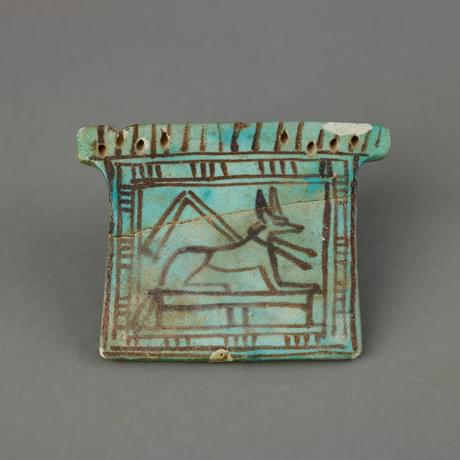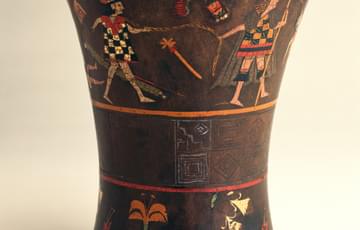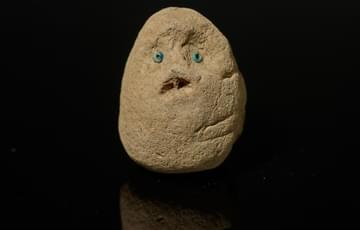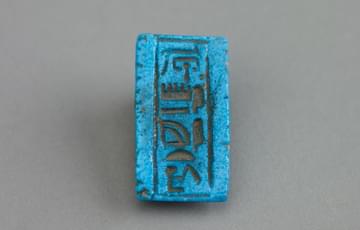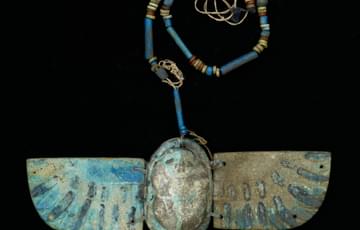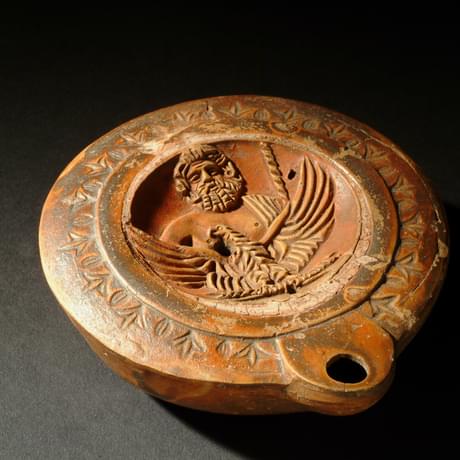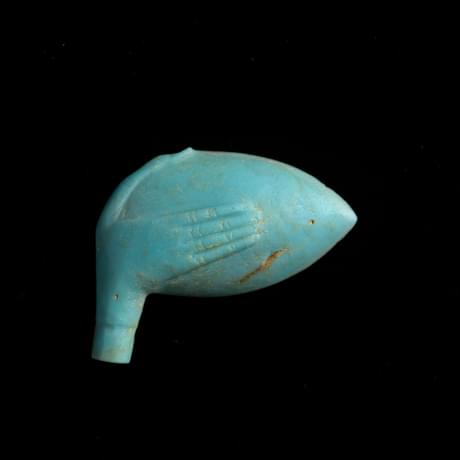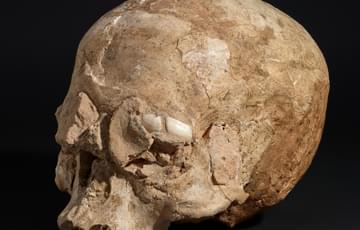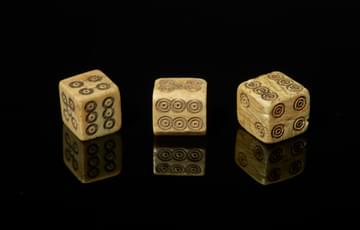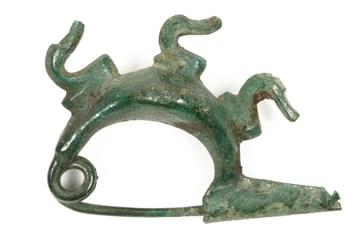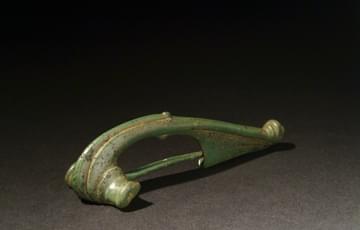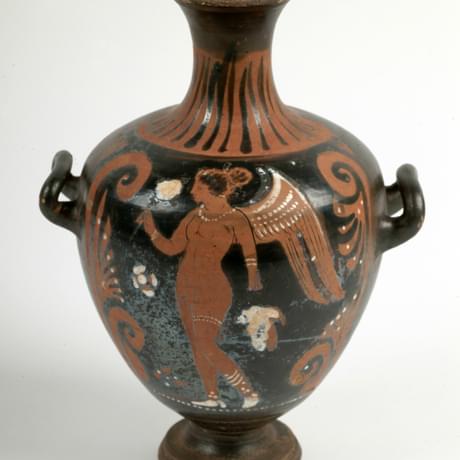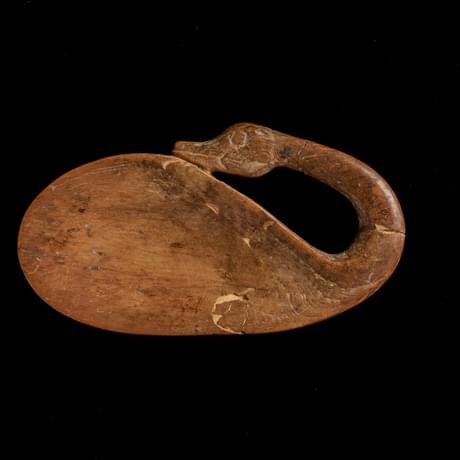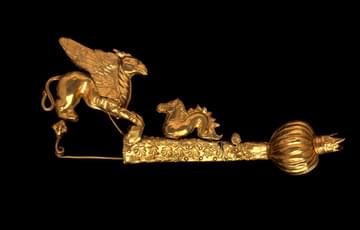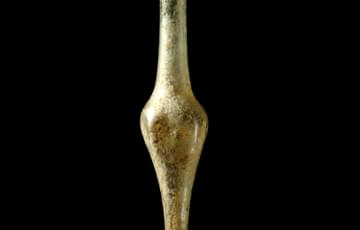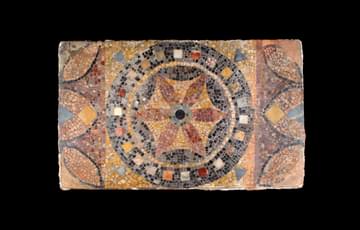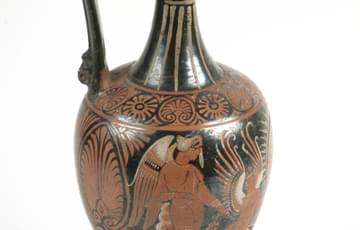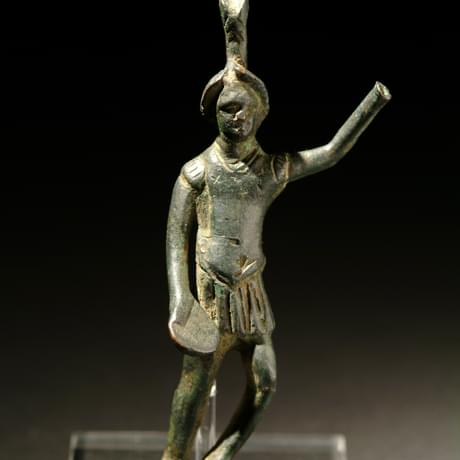Ancient Civilisations
Human History CollectionThe ancient civilisations collection at Birmingham spans ancient Asia, the near eastern regions, the early Mediterranean founding states (including ancient Cyprus, Egypt, Greece and Rome) and the ancient Americas, boasting the only collection of material from that area in the West Midlands region. This collection was formed largely from donations and the splitting of other collections, including the Wellcome Foundation.
Includes:
- the near eastern archaeology collection includes a plastered skull from Jericho, ivories from Nimrud and jewellery, ceramic, glass and stone vessels and writing material from the world’s earliest urban centres. This sub-collection is particularly important because it is from properly controlled excavations.
- the Sultanganj Buddha, the only surviving over-life sized metal statue of its period and, in 1864, the second object to enter Birmingham’s collection
- ceramics, textiles and gold work dating between 1000BC and 1500AD, from the South American civilisations of the Incas, Aztecs and their precursor civilizations
- the second largest collection of Nazca (Peruvian) pottery in the UK
- an internationally significant collection of Pre-Columbian textiles, representing the full range of principal techniques and cultural styles
- collections reflecting life in ancient Cyprus, Egypt, Greece and Rome, dating from the 5th millennium BC to the 5th century AD
- a small group of sculptures from the South Asian religions of Buddhism and Hinduism, dating from the 2nd-3rd century AD to the 10th-11th centuries AD.
Please be aware that objects from our collections are not always on public display.
If you are hoping to view a specific object or collection, please check the ‘Highlights' or 'What to See’ pages on our venue websites for current display information for that venue. Alternatively, feel free to contact us before your visit.
